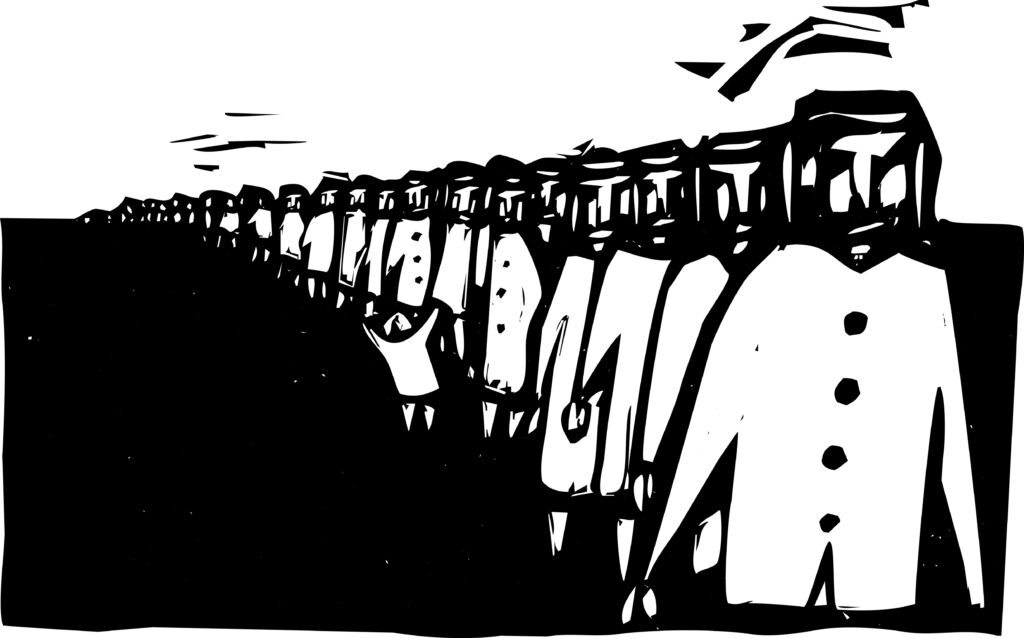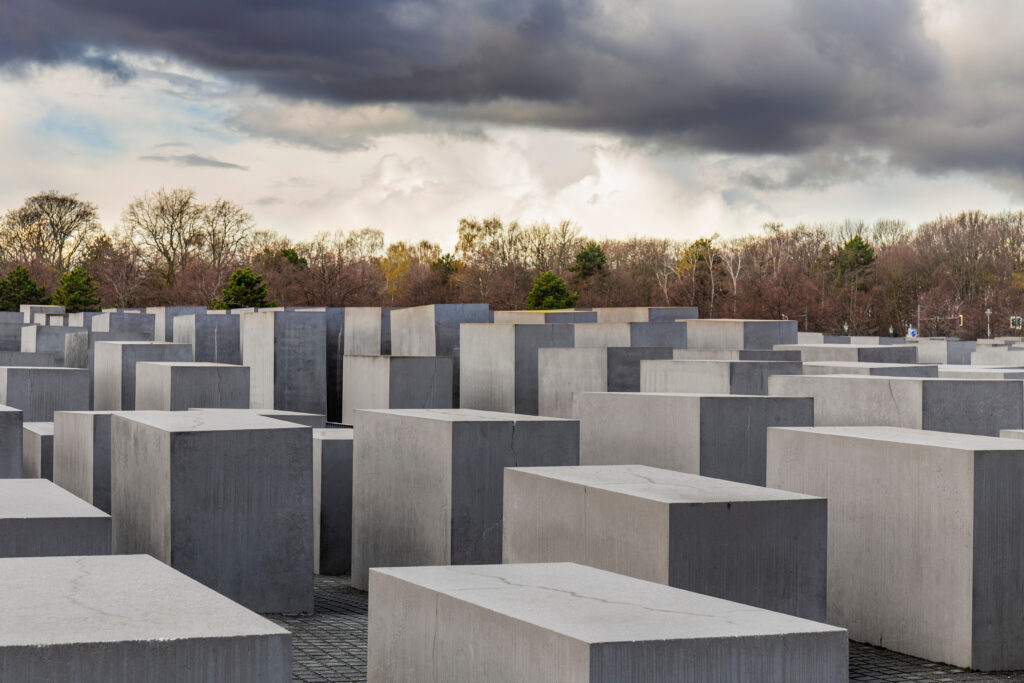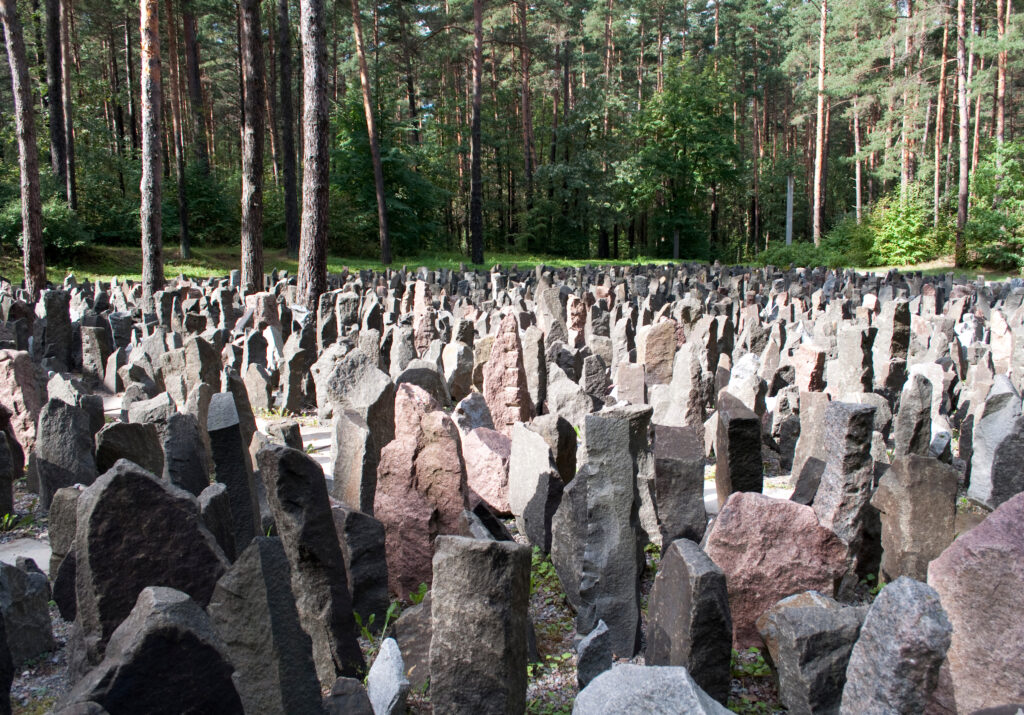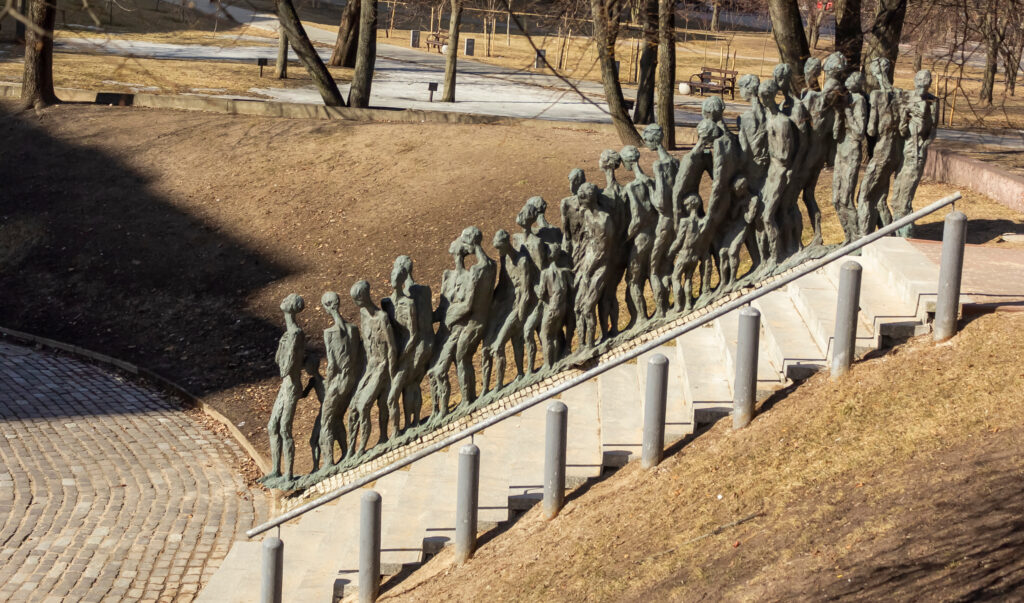One thing that causes Jews a lot of tsuris is when gentiles judge us without knowing that much about Jewish history, culture, or the epigenetic effects of our racial history. One of the most confusing judgments is that Ashkenazi Jews are “just White,” without racial history, since we are known to ourselves as a remnant of our people, accidental survivors of the best European effort to solve the “Jewish problem” once and for all.

Ashkenazi Jews were racialized as racial imposters and a lethal threat to the white race, while modern conspiracy theories trade on the notion of Jews as the “real” or “most powerful” white people who exploit everyone else. The basis of my hope is that if gentiles could better “see” our generational trauma from being-in-the-world without our people, they could feel our pain. And, I think, better understand why so many of us rely on the herb to survive our survival every day.
If we think about how we learn facts and inherit memories about the Nazi camps that we can’t actually imagine or process, we can better appreciate the psychodynamics of generational trauma.
The unmastered past pervades our present through fears, desires, and phantasies produced as the “lessons learned” from the Holocaust in lieu of our ability to understand why the world abandoned us to “selections” and gas chambers.

For example, as a teenager I wasn’t confused when I saw Jewish women at a restaurant take the bread rolls off the table, wrap them in napkins and put them in their purses. I knew their plan was to prepare to have a little something to eat in the cattle car if the Nazis happened to return while we were there.

We are always preparing to survive better “the next time.”
The anxiety produced by our holocaustal lens on reality is made far worse by our racial designation, which signifies that it is either hysterical or delusional, disconnected from our experience as White people.
In the tradition of Dr. Franz Fanon and his classic work Black Skin, White Masks (1952), we can think about being-Ashkenazi in terms of the psychic scars suffered from being racialized and living in the world as a remnant.

To be known to oneself as a remnant, is like living as a missing piece of a puzzle that the world threw away.
That there are pieces left, and remain in the world, is a problem because they don’t belong anywhere. We can try to “pass” as belonging-to another puzzle, but it will always be an awkward fit that obscures, rather than reveals the picture.
We look weird to everyone, relics of a picture they never saw before it was burned. Leftover pieces who don’t quite fit anywhere else. Fragments that must defend our right to exist, again and again, as examples that have outlived their referent.

The context for why we don’t fit is not unrelated to their being-in-the-world, but precisely that which belies the image of being-White that protects white pride.
The inability to make sense of us as White people arouses suspicion that this is our fault, hiding the “truth” of who we are and our position in the world.
This also provides context for our obsessive habit of talking about being-Jewish as if it will help us make sense of ourselves or feel at home in the world, as what remains of a set that was trashed.

In my own psychic sense of who I am, I feel like a problem that annoys everyone, and I am haunted by the thought that the world doesn’t want me here.
I am grateful to Hashem for providing kaneh bosem that restores my sense of belonging to a world that has always been broken, and my devotion to healing the wounds that divide us.
You can read more about the relation between our designation and antisemitic suspicion in the forthcoming book White / Jew by Editor-In-Chief Dr. Lissa Skitolsky (Indiana University Press, 2025).
In order to stay connected with the Canna-Jewish community, sign up to receive The Canna Jewish News delivered right to your inbox. To learn more about the role of cannabis in the Jewish tradition, check out our new online course The Jewish Relation to Cannabis, sold with the Yeshiva Subscription to Cannabis Jew Magazine.







